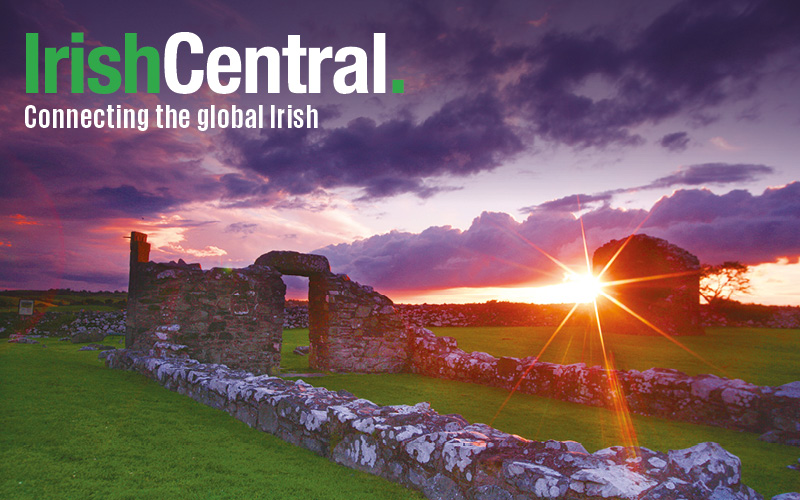SHOCK poll findings showing a massive increase in favor of Ireland rejecting the Lisbon Treaty in the referendum -- the only one being held in any of the 27 EU countries - jolted Irish political leaders and much of the rest of Europe.European leaders were concerned because if Ireland rejects the treaty it falls. All countries have to agree before ratification is possible.Two polls within days signaled rapidly increasing momentum towards a No vote and set alarm bells ringing in the corridors of power where there's almost unanimous agreement in favor of ratification, with the main opposition parties Fine Gael and Labor canvassing alongside the government.Main opponents of ratification are Sinn Fein and Libertas, an independent lobby group led by Galway-based millionaire business entrepreneur Declan Ganley.There was an amazing surge in backing for their position in an Irish Times poll that showed the No side doubling its support within a few weeks to 35%, with the Yes campaign dropping five points to 30%. It was the first time the No side had ever been ahead on any EU vote.Two days later a Sunday Business Post poll had the Yes side ahead with a slender three point margin at 42%, but more significantly this poll also showed a surge forward for the No campaign by six points to 39%.There was widespread agreement that if the trend continued until the vote this Thursday the treaty was doomed to defeat, with unforeseeable consequences for Ireland and the rest of the European Union.It's the first major test of new Taoiseach (Prime Minister) Brian Cowen's standing with the public after, when accepting his nomination as Bertie Ahern's successor last month, he told the Dail (Parliament) that his immediate task was to ensure ratification of the Lisbon Treaty in the referendum. If the treaty is ratified it will change the way the EU is governed. The credibility of Fine Gael leader Enda Kenny and Labor leader Eamon Gilmore is also on the line.Senior government ministers and others urging a Yes vote were galvanized into increased action by the polls. High-powered canvassing teams were dispatched on a whistle-stop tour of the country.On Monday Cowen sat alongside opposition leaders Kenny and Gilmore at a joint press conference as all three desperately tried to convince the voters of the merits of the Lisbon Treaty. They were in unison in declaring that the issue was above politics, that a vote for the treaty was a vote for Ireland."This is about your country," Cowen said.Gilmore added, "This isn't the time for this country to throw a wobbly on Europe."Main reason for the threatened rejection by the electorate is reckoned to be failure by the politicians to adequately explain how the treaty will change the way Europe is run, and what it will mean for Ireland.With polls continuing to show support for the administration on domestic issues, it was clear voters were not seeking to punish the government.But there was strong evidence of dissatisfaction among Fine Gael and Labor rank and file members with the stance of their parties' hierarchies.In the Irish Times poll, Fine Gael voters were against the treaty by 40% to 30%, despite their party's support for it.Among Labor voters, the No campaign was even stronger with a lead of 47% to 30%, indicating that the worries expressed by some trade union figures and left-wing politicians about the impact on workers' rights was having an impact.Tanaiste (deputy prime minister) Mary Coughlan insisted Ireland will not become a weaker country by voting in favor of the treaty."We have always been at the heart of Europe. We've punched well above our weight for many years and that's because we've had a lot of alliances with like member states," she said."We've worked very hard since we first went into the European Union to persuade others, large and small, of our point of view and our perspective. We've done that well and it has been to our benefit. To ensure that happens we must continue to be at the heart of Europe."Coughlan said a Yes vote will make the EU more democratic, more efficient and better equipped to meet the global challenges of the next few years. The rights of its citizens will also be better-protected.She said Ireland's abortion laws would not be affected in any way irrespective of how the people vote. Those who introduced the issue were only "muddying the waters." By Tuesday morning, feedback from radio phone-in programs indicated some recovery by the Yes campaign.Whether it's enough nobody will know until the votes are counted Friday this week.




Comments